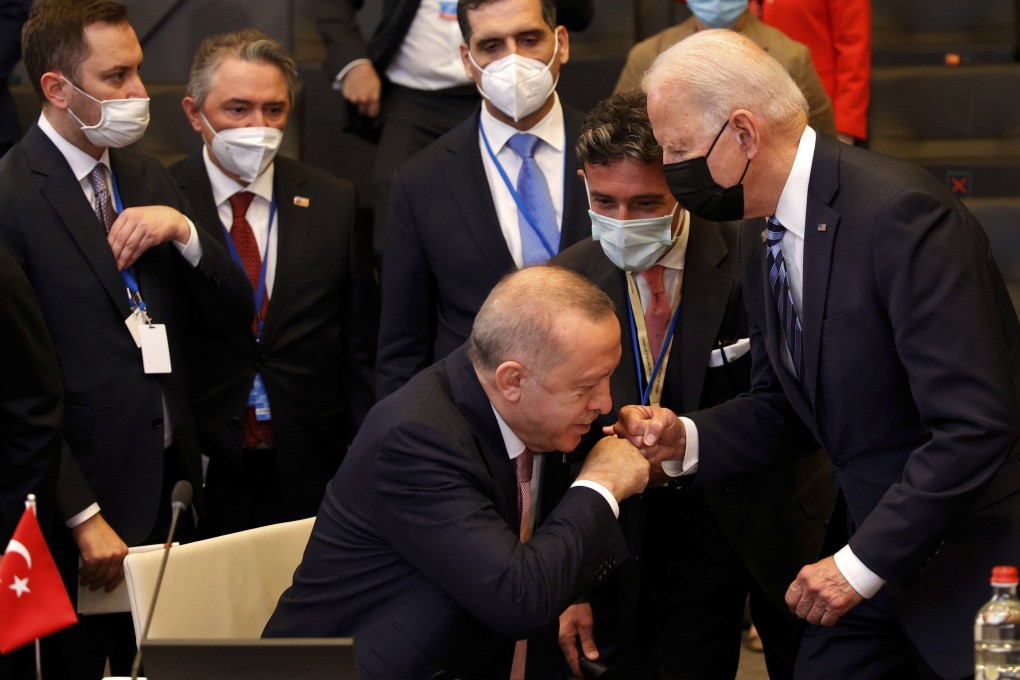Editorial | Nato needs to rethink its China approach
- Instead of adopting a cold war-like agenda, the Western security alliance would be better off working with Beijing and, indeed, Moscow to create a greater understanding

China being perceived by the world’s most powerful security alliance as posing “systematic challenges” to the international order implies Beijing is a threat to global stability. But the North Atlantic Treaty Organization’s assessment at its annual summit on Monday was less about reality than Western unease about the rise of an ideologically opposed power.
The same mentality was behind the grouping’s Cold War with the Soviet Union, which led to the creation of the rival Warsaw Pact and raised the spectre of another world war. Such outdated thinking has to be set aside for cooperation and a willingness to work with all countries, no matter what their politics, for peace and shared benefits.
The 30-member alliance’s final communique claimed the threat from China was in part due to a rapid expansion of its nuclear arsenal, military cooperation with Russia and “use of misinformation”. The 79-point statement devoted three paragraphs and 10 mentions to China.
As with the annual gathering of the Group of Seven most developed nations in Britain the day before, the tone was markedly different from previous meetings. Just 18 months earlier, Nato had said it “recognised that China’s growing influence and international policies present both opportunities and challenges”.
Chinese policy has not changed in that time, nor does its military, although rapidly modernising, pose a greater threat to other countries. What has altered, though, is the nature of United States engagement, which has shifted from cooperation to competition.

